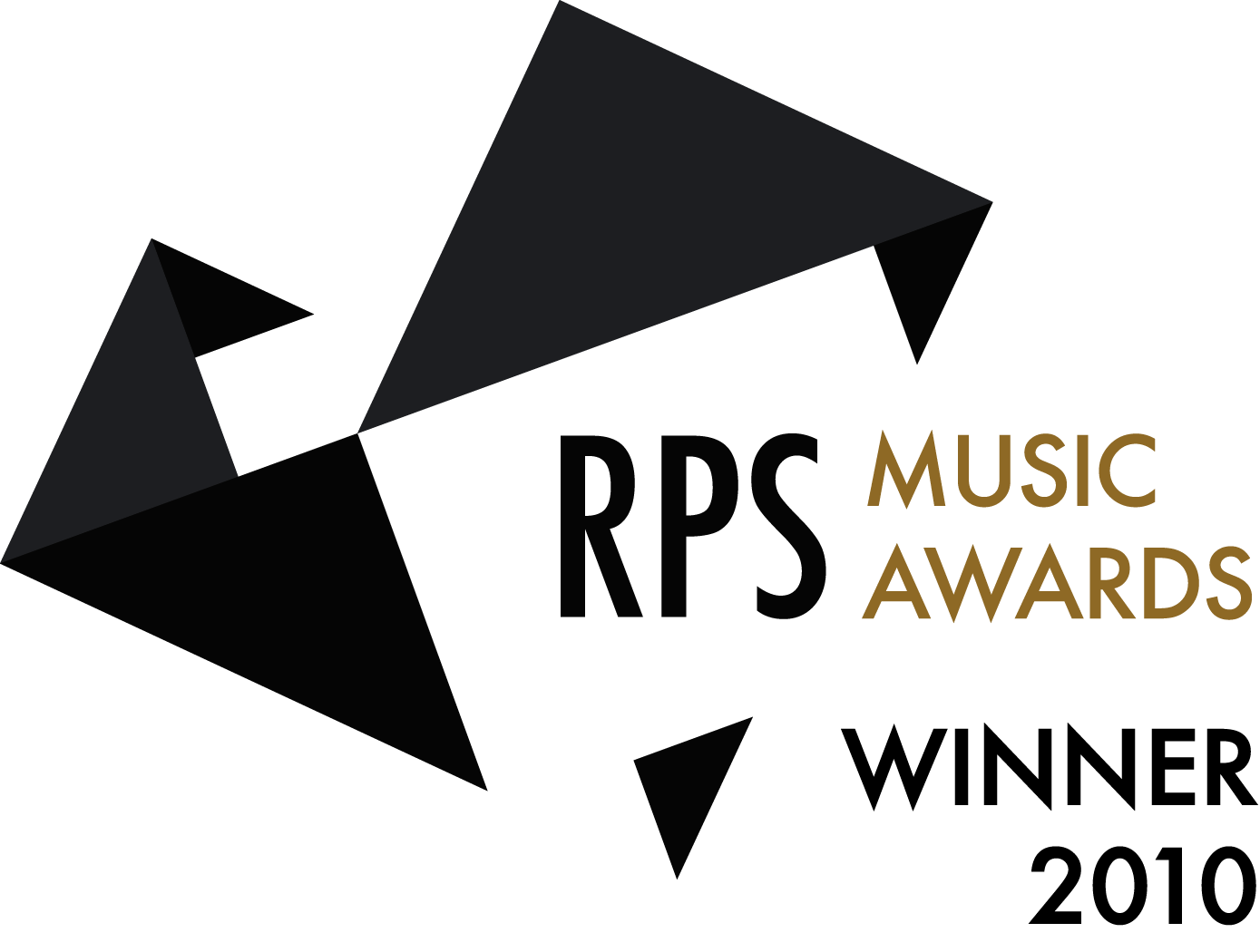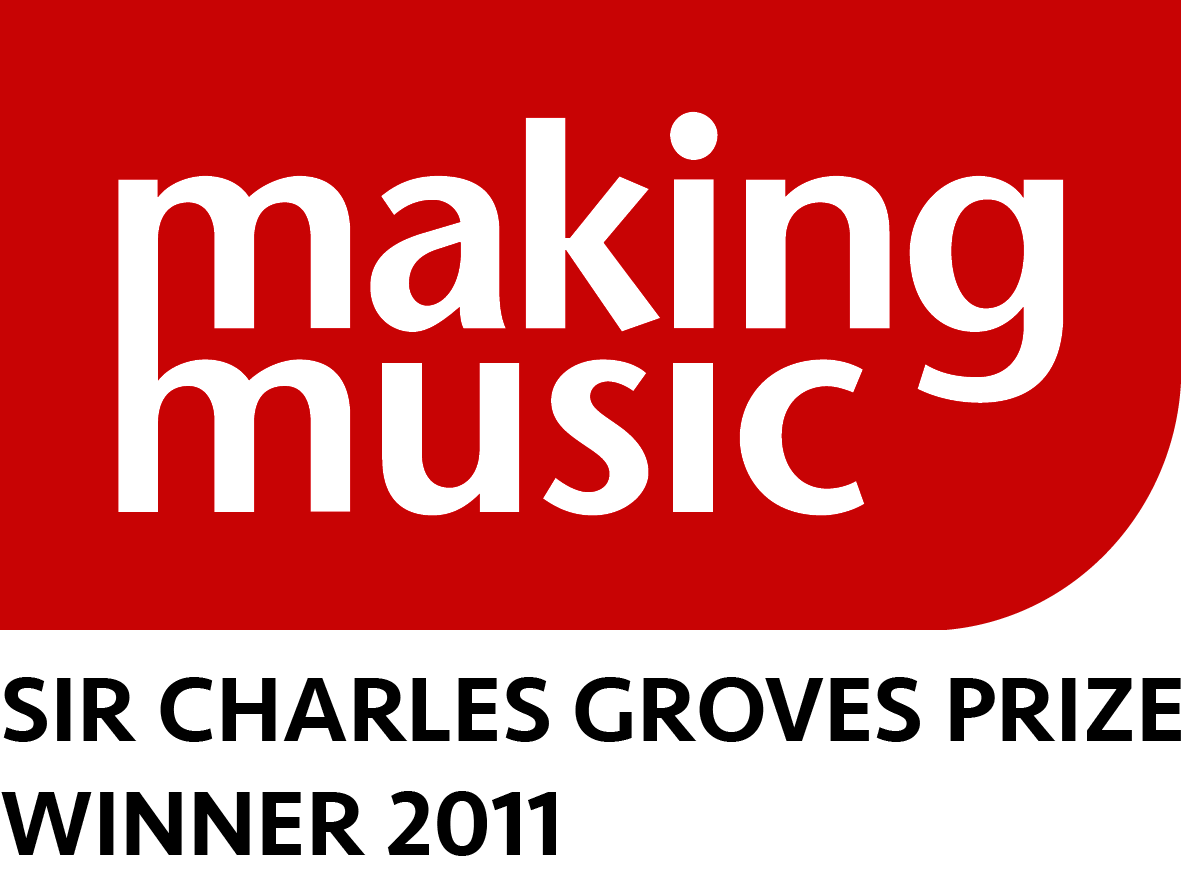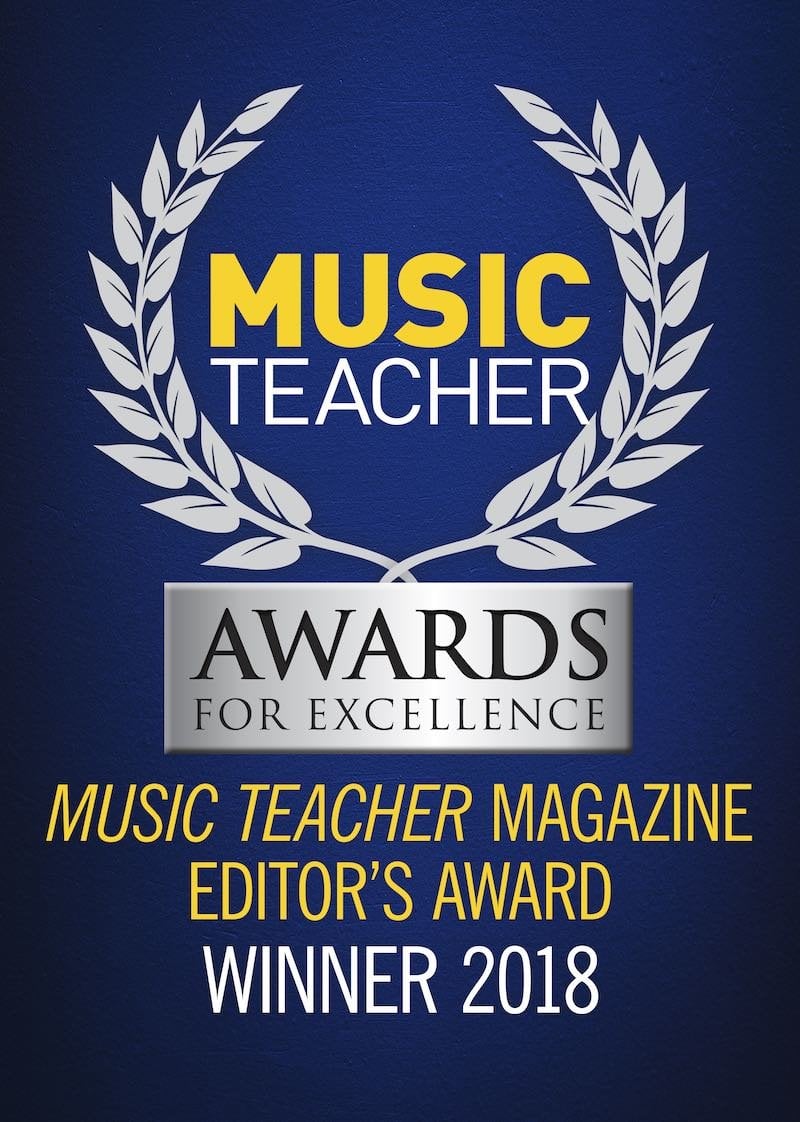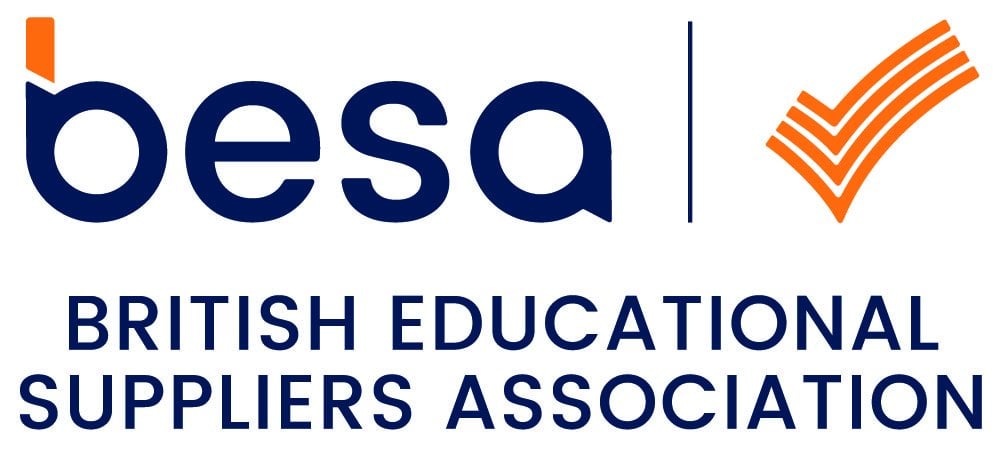Track title
Activity ideas based around the song
Listen to the song
Listen to song, look at the chorus lyrics (which summarise what happens in the water cycle) and create some actions that explain how the water cycle works.
Take me to the river wash me down, down
I’m the water cycle flowing round and round,
Rivers into seas, seas into the sky until the clouds burst,
And then it all falls down
Science experiments
Evaporation:
What makes things evaporate faster?
Take a pair of clean socks and soak them in water. Devise an experiment to test different methods of drying the sock i.e. making the water evaporate faster. Predict which method will dry your socks fastest, then do the test. Which worked best and why?
What’s the difference between evaporation and boiling?
With an adult, watch water being heated in a pan (ideally with a thermometer. Can you think of any hazards in doing this experiment? Can you work out when the water is boiling? Note that the bubbles that appear at about 60°C are oxygen that has been dissolved in the water. Bubbles of steam will form on the sides and bottom of the pan in localised hot spots but the water is not boiling until you see bubbles forming in the middle. Make a comparison by swabbing the backs of your hand with disinfectant hand gel if you have any – you will feel it cool as it evaporates using the heat from your hand to turn the liquid into vapour.
Condensation:
Again supervised by an adult, watch water boiling in an electric kettle with the lid up. What can you see when the water boils? You might think it’s ‘steam’ but steam is water vapour and invisible. The white cloud above boiling water is made of tiny water droplets, which form as steam cools and condenses back to water!
Hold a mirror above the boiling water and observe the condensation. What is it and where did it come from? Trap condensation on other objects and investigate what is needed to make it form. You might think that condensation only forms on shiny surfaces, but the temperature of the object rather than any other property is the important bit.
Recap what you’ve learned so far by listening to verse 1 of the song a couple of times following the words, and then singing along with the performance track. Do you understand that LIQUID (water) EVAPORATES or BOILS to make STEAM or WATER VAPOUR, which is a GAS? And that water vapour COOLS and CONDENSES to turn back to liquid water?
Precipitation:
Listen to the first half of verse 2 ‘Drop, drop, drip, when precipitation hits’, what two types of ‘precipitation’ are mentioned? Create a miniature landscape, imitating rain by dribbling water from a squeezy bottle into a tray of sand or soil. Very quickly you’ll form a river, that meanders, braiding, cliffs and a delta (look up the words if you are not sure what they mean). Take pictures of the landscapes and then search on the internet for similar landscape photographs.
Transpiration:
Study the lyrics of the rap and find out the meaning of any unfamiliar words e.g. transpiration, stomata. Recreate the process by enclosing the stem and leaves of a pot plant inside a plastic bag and putting it in a sunny place. Observe what happens and investigate the conditions under which transpiration occurs (it slows down at cool temperatures, in the dark and when the air is damp).
Freezing:
What happens when we cool water down?
Flavour water with fruit squash and freeze it in trays to make ice-cube lollies – yum! If you mix salt and crushed ice, some will melt and this salty water can be poured away. The remaining solid ice-salt mixture is much colder and can be used to freeze liquids in freezer bags to make ice lollies or freeze sweetened cream to make real ice cream!
Listen again to the last verse of The water cycle song and recap what you’ve learnt about changing states, remembering that LIQUID (water) FREEZES to form SOLID ice and SOLID ice MELTING forms LIQUID (water).
Watch the BBC bitesize video:
https://www.bbc.co.uk/bitesize/topics/z6p6qp3/articles/z3wpp39
The video explains the whole water cycle. Look at the lyrics of the song and write a list of all the words that refer to water in different states e.g. liquid, solid, gas
Make up a story:
Write, draw or storyboard the journey of an individual molecule of water as it travels round the water cycle, perhaps through plants, animals and even humans!
Art & Design:
Research artists Martin Waugh and William Pye, who both create liquid sculptures. Then design, produce and photograph your own work of water art!
Computing:
Upload photos of your water art and create some digital art by arranging and distorting the images.







